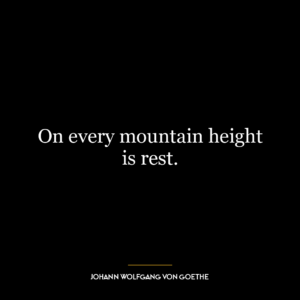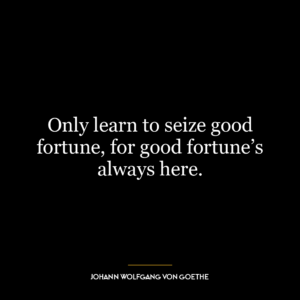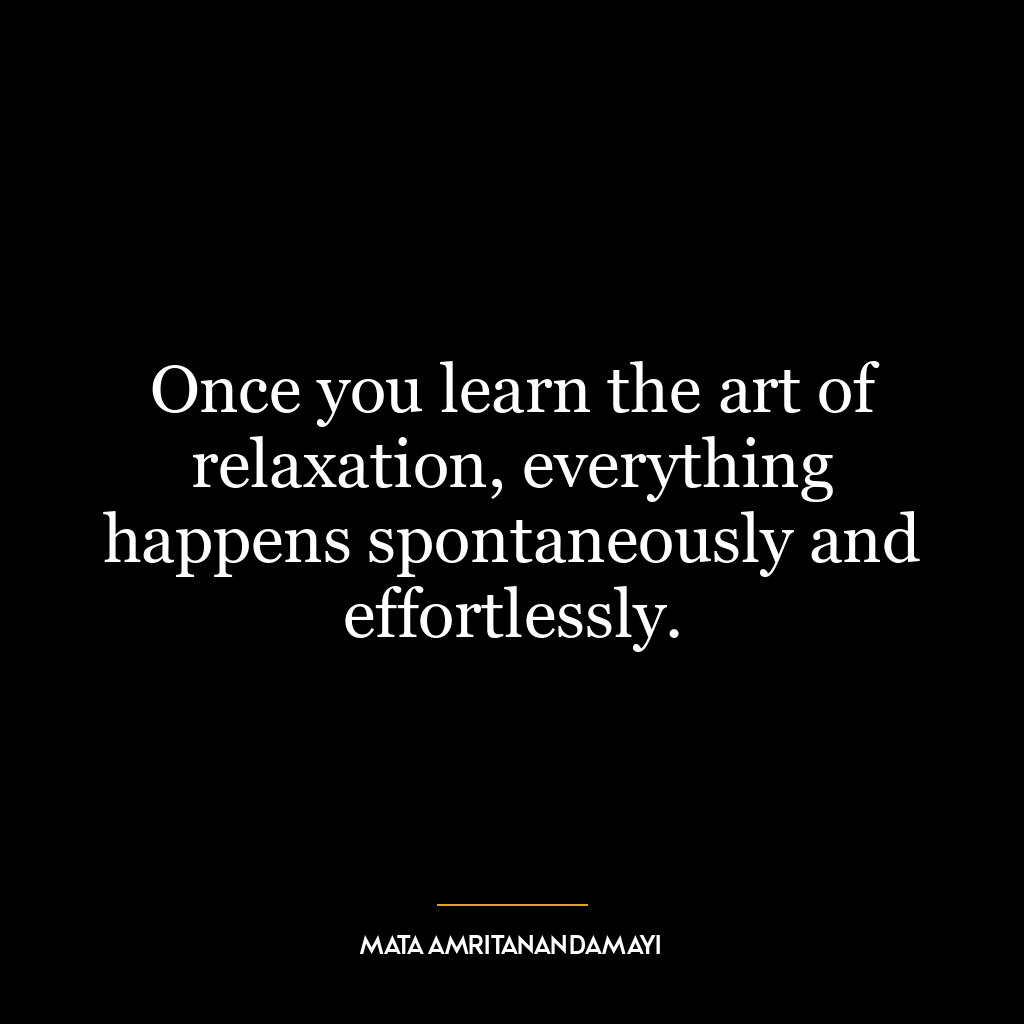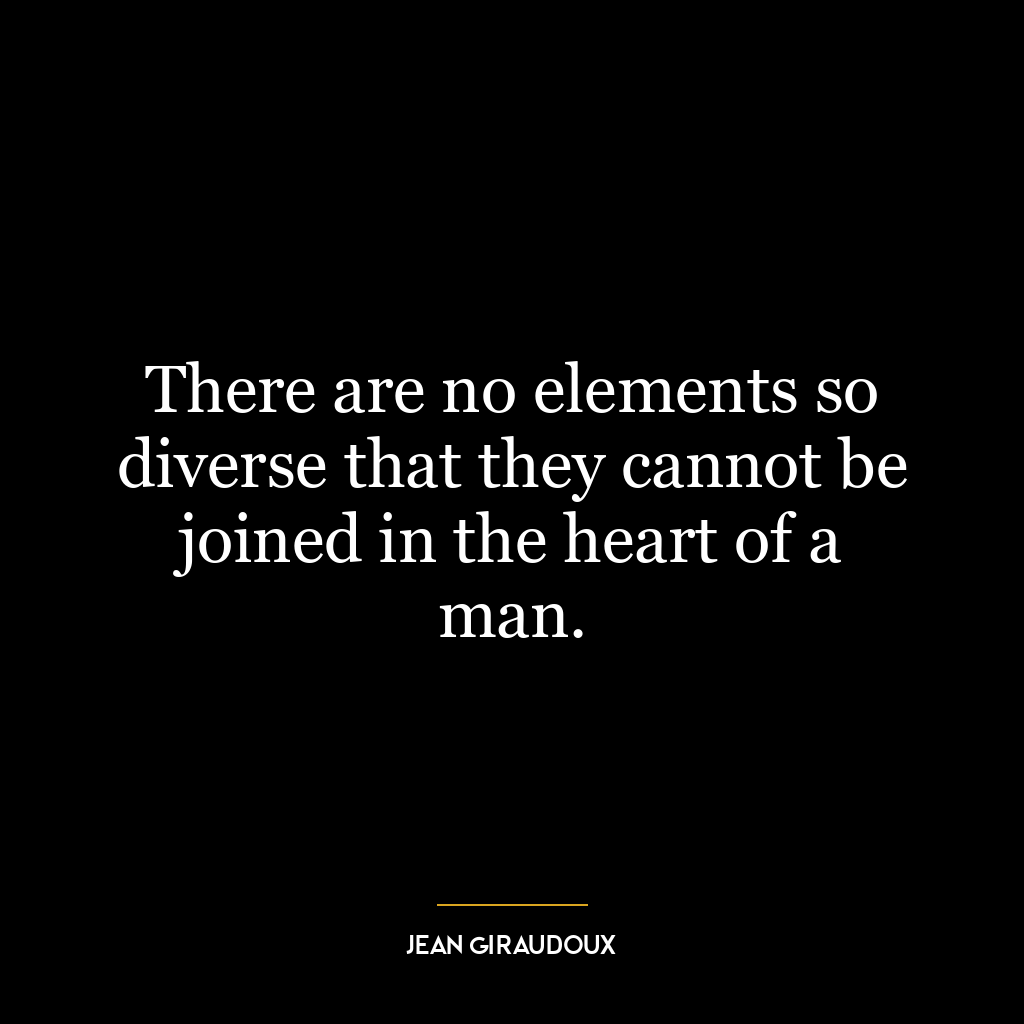It is in human nature to relax, when not compelled by personal advantage or disadvantage.
This quote suggests that human beings are inherently inclined to seek comfort and relaxation unless they are driven by either a potential benefit or a potential loss. Essentially, it is a reflection of the human motivation theory, which states that our actions are often fueled by the pursuit of pleasure or the avoidance of pain.
In the context of personal development, this quote can be seen as a call to understand our motivations and to harness them effectively. If we are aware that we naturally tend to relax unless there’s a clear personal advantage or disadvantage, we can use this knowledge to our advantage. For instance, if we want to motivate ourselves to exercise regularly, we could focus on the personal advantages (e.g. improved health, better mood) and the disadvantages of not doing so (e.g. potential health issues, decreased energy levels).
In today’s world, this idea is particularly relevant in the context of work and productivity. In a culture that often glorifies busyness, this quote reminds us that it’s natural and necessary to relax and rest when there’s no compelling reason not to. It suggests that instead of pushing ourselves to be constantly productive, we should listen to our natural inclinations and allow ourselves to relax when we need to.
However, the quote also implies a potential downside of this aspect of human nature. If we only act when driven by personal gain or loss, we may overlook opportunities for altruistic actions or actions that benefit the collective good. This may lead us to reflect on how we can balance our inherent tendencies with the needs and expectations of the society we live in.















